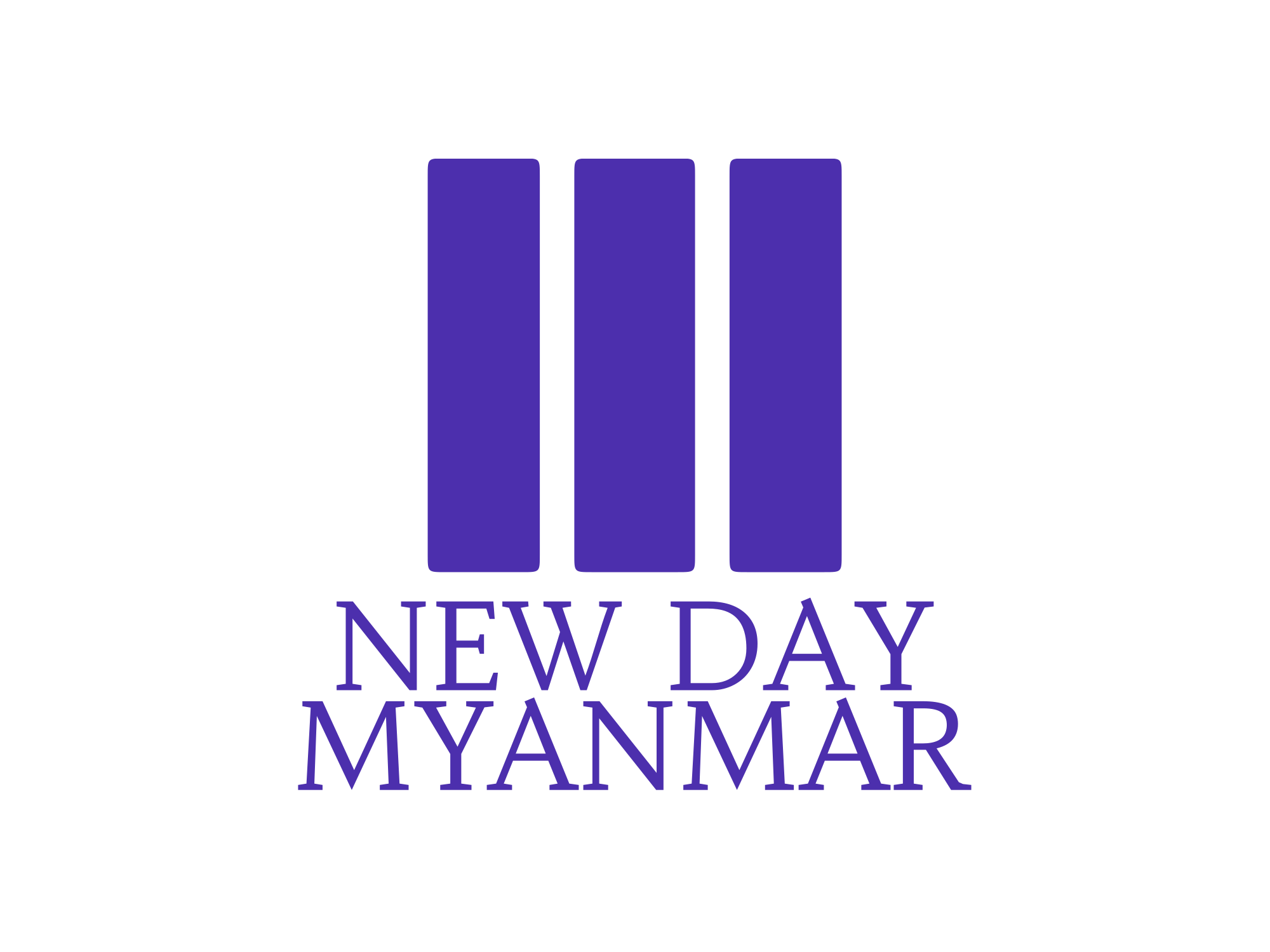June 30, 2024
The Military Council announced on the night of June 30 that they would take action against individuals selling rice at inflated prices, according to Article 5 of the 2012 Essential Goods Act. This list includes seven rice business owners and executives from City Mart, Sein Gay Har, One Stop Mart, and Aeon Orange Mart.
Despite efforts to stabilize the domestic market, certain merchants have been selling rice above the government-set prices. Security forces investigated 102 rice warehouses, 25 rice mills, and seven shops in Naypyidaw, various states, and regions, discovering 58 business owners selling rice at inflated prices. Among them, 27 were selling at 10% above the set price, 24 at 30% above, and seven at 30-70% above the set price. The Military Council announced that these seven individuals would face arrest and prosecution.
Furthermore, the Myanmar Rice Federation had set monthly prices, but some supermarkets were found selling rice at up to 51% above these prices, citing operational and promotional costs. As a result, executives from these supermarkets are also being targeted for arrest.
Those named in the Military Council’s list include U Phyo Min Kyaw, CEO of City Mart Holding Company; U Maung Maung Win, Managing Director of Sein Gay Har; U Myo Thant, Director of One Stop Mart; and Mr. Karamatsu Hiroshi, Director of Aeon Orange Mart.
For June 2024, the Myanmar Rice Federation had set the following prices for a 24-basket bag of rice: 70,000-75,000 MMK for Ayeyarwady rice, 110,000 MMK for Ayeyarwady Pawsan, 100,000 MMK for other Pawsan, and 135,000 MMK for Shwebo Pawsan. However, market prices have been significantly higher.
A rice business owner from Mandalay expressed frustration to New Day Myanmar, saying, “The prices set by the federation are unrealistic. No one is selling at those rates. With gold, dollars, and everything else going up, who knows what will increase next? If meat prices go up, will they arrest butchers? If vegetable prices rise, will they arrest farmers? Arrests won’t solve the problem. Prices might drop temporarily, but not for long.”
The arrests and price controls highlight the ongoing economic struggles and the impact of inflation on essential goods in Myanmar.



